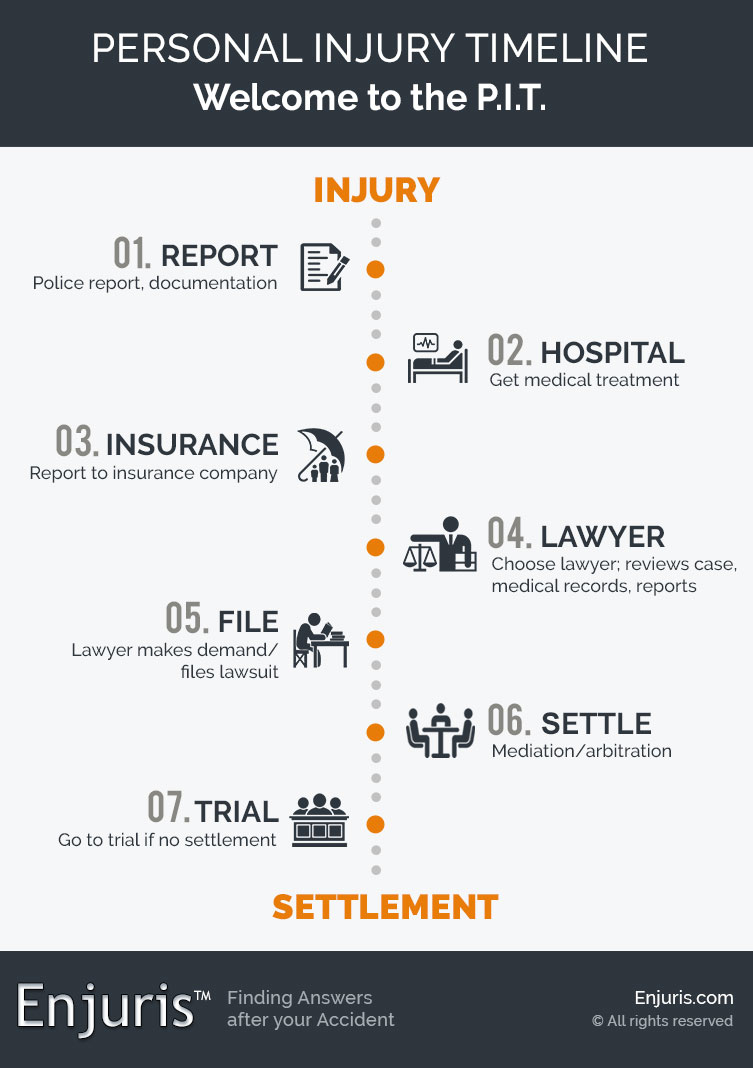Navigating Landlord-Tenant Regulation: Insights Genuine Estate Lawyer
Navigating Landlord-Tenant Regulation: Insights Genuine Estate Lawyer
Blog Article
Write-Up By-Solomon Vinding
When it comes to landlord-tenant legislation, knowing your legal rights and obligations is important for both parties. You may think you have a solid understanding on the fundamentals, yet there are often subtleties that can catch you unsuspecting. Whether you're a property owner taking care of a building or a lessee searching for a steady home, understanding the legal landscape can make all the difference. What could stun you are the complexities involved in navigating disagreements and expulsion procedures.
Understanding Renter Legal Rights and Responsibilities
When you rent out a building, it's vital to understand your civil liberties and obligations as an occupant. You can a risk-free and habitable living environment, indicating your landlord must keep crucial solutions like heating, pipes, and power.
You're likewise entitled to privacy; proprietors normally require to give notification prior to entering your unit.
On the other side, you are accountable for paying lease on time, keeping the residential property tidy, and not triggering damage beyond normal deterioration.
Familiarize yourself with your lease contract, as it details certain policies and commitments. Knowing these aspects not just secures you however additionally promotes a favorable connection with your property manager.
Stay educated, and you'll browse your tenancy better.
Key Property Manager Responsibilities and Lawful Factors To Consider
While you might understand your civil liberties as a tenant, it's just as vital to comprehend your proprietor's responsibilities.
Landlords need to offer a secure and habitable living environment, ensuring that important systems like home heating, plumbing, and electricity remain in working order. They're also in charge of making necessary repairs quickly and adhering to neighborhood building ordinance.
Additionally, property managers must respect your personal privacy by giving proper notification prior to entering your device, normally 24 hours. They need to deal with security deposits according to state regulations, including returning them promptly after you vacate, minus any type of lawful reductions.
Recognizing these obligations can help you keep a positive relationship with your property owner and guarantee your living scenario meets lawful standards.
Browsing Disagreements and Eviction Processes
Disagreements between landlords and renters can occur all of a sudden, making it essential for you to recognize the processes involved in resolving them.
Initially, https://mose64oleta.wordpress.com/2025/04/09/home-vendors-deal-with-substantial-lawful-dangers-without-the-guidance-of-a-property-lawyer-find-out-how-their-understanding-can-secure-your-purchase-and-give-you-with-peace-of-mind/ is vital-- attempt to go over concerns directly to discover a compromise. If that stops working, familiarize yourself with your local legislations regarding conflicts and eviction. File whatever: keep records of communications, payments, and any kind of violations.
If eviction comes to be essential, ensure you follow the legal steps called for in your location, which often consists of providing composed notice and a certain duration for resolution.
Be prepared to head to court if the circumstance escalates, maybe your only choice. Recognizing these procedures will certainly aid you browse disagreements better and shield your legal rights as either a property owner or lessee.
why not try this out
In recap, comprehending landlord-tenant law is necessary for both events involved in a rental arrangement. By knowing your civil liberties and responsibilities, you can foster a better living setting and stay clear of disputes. If disagreements arise, keep in mind that a property attorney can help direct you with the intricacies of eviction processes and legal commitments. Staying educated and positive will certainly ensure a smoother rental experience, whether you're a property manager or a renter.
